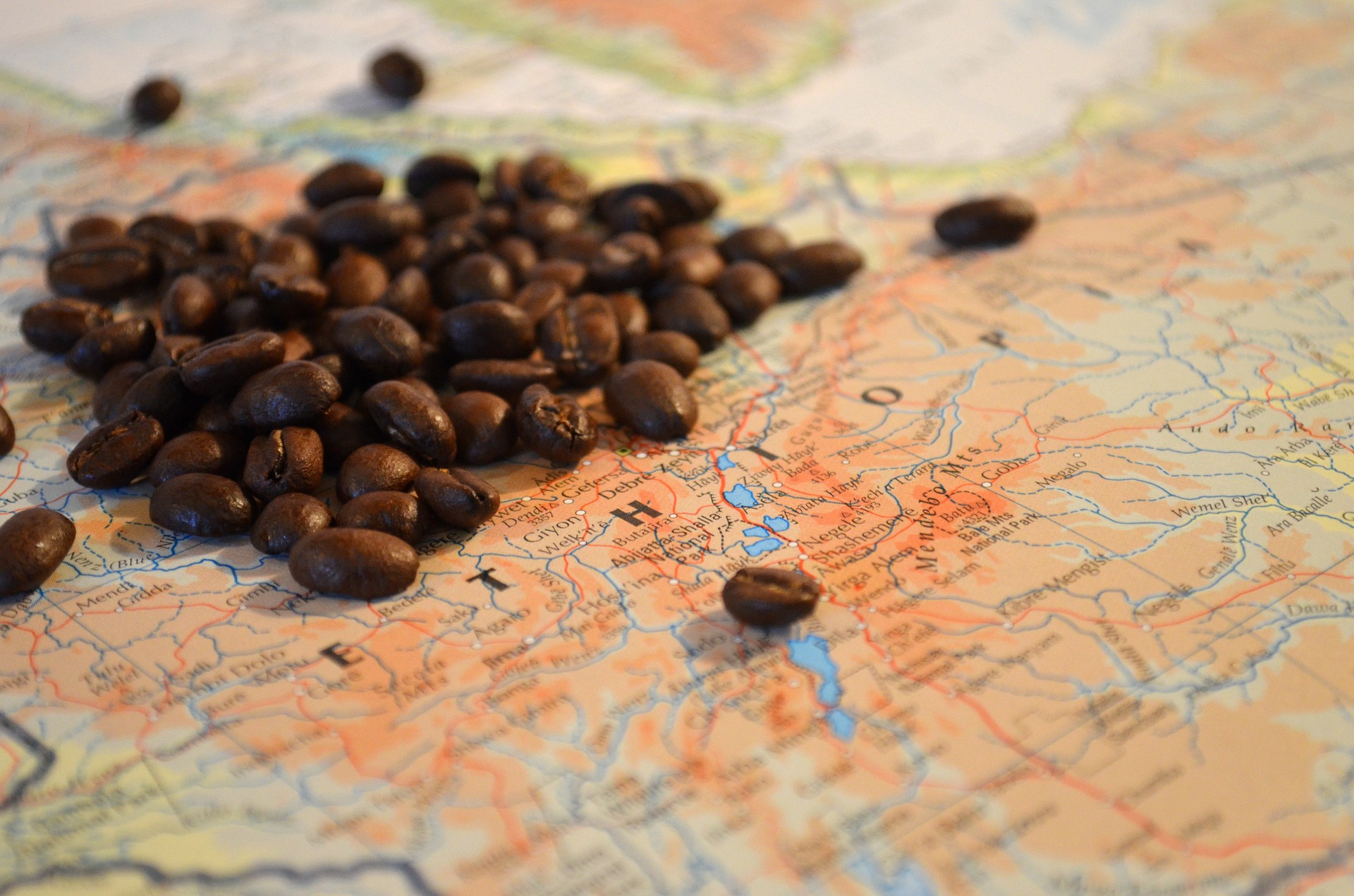History
Coffee is native to Ethiopia, but it was first formally cultivated in Yemen. By the 15th century, there was already an important market for this product. At the beginning, coffee was associated with Sufism and dervishes used it to stay awake during their prayers. In time, coffee houses appeared throughout the Arab world where men gathered to drink coffee, play chess, watch local artists perform, and discuss politics and philosophy. Coffee is native to Ethiopia, but it was first formally cultivated in Yemen. By the 15th century, there was already an important market for this product. At the beginning, coffee was associated with Sufism and dervishes used it to stay awake during their prayers. In time, coffee houses appeared throughout the Arab world where men gathered to drink coffee, play chess, watch local artists perform, and discuss politics and philosophy.
Coffee was first introduced to Europe in the 17th century, and cafés played a decisive role in the discussion of revolutionary ideas and the surge of capitalism. During the second half of that century, the Dutch established the first coffee plantations run by Europeans in Java, Indonesia. They also gifted a coffee plant to the French, who established their own plantations in Martinique. This specific coffee plant is said to be the ancestor of most American coffee plants to date. Coffee arrived in Mexico from Cuba in 1790 and it was first cultivated in Córdoba, Veracruz. It was also introduced in Chiapas from Guatemala, and in Michoacán from Yemen.
During the second half of the 19th century, coffee leaf rust (Hemileia vastatrix) destroyed most of the Arabic coffee (Coffea arabica L.) plants in Southeast Asia. As a result, farmers began to grow the more pest-resistant robusta coffee (Coffea canephora L.) despite its bitter taste and double the amount of caffeine.
At the end of the 19th century, Angelo Moriondo invented the first espresso machine, which was later improved by Luigi Bezzera in 1901. Soon after, a Belgian called George Washington was the first to mass produce instant coffee. Both inventions revolutionized the way people consumed coffee by reducing its preparation time.
